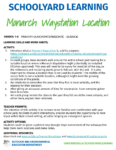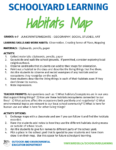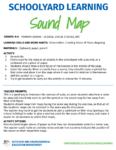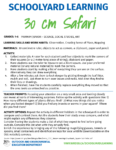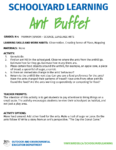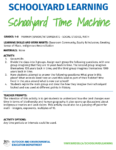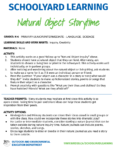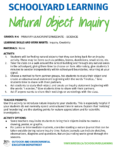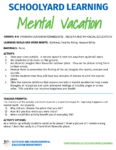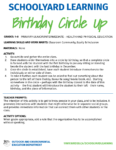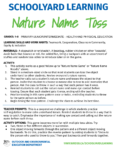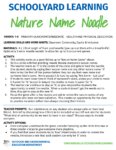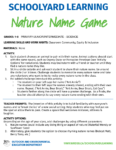Ethical Considerations of participating in the WRDSB Winter Bird Count 2020:
December 16 to 23, 2020
Birding Ethics:
(Summarized from the Ontario Field Ornithologists Birding Code of Ethics).
Why is a Code of Ethics necessary?
In this time of physical distancing, respect for ourselves, each other and our community is very important. Regardless of our level of interest in birds, we need to make every effort to act in a positive and responsible way to protect each other, the birds and their habitat.
- Be considerate of others. Respect physical distancing if you go beyond your home, and stay at least two metres apart.
- Be considerate of the birds and their needs including space, food, water and shelter. Always assume that a bird is sensitive to your presence and please do not deliberately scare birds.
- Be considerate of wildlife habitat, we should not trample or damage wildlife homes. Many birds, like ducks and geese, have already started nesting.
- Respect the rights of landowners. If you go beyond your home follow any directives from Waterloo Public Health. Some public property is currently closed to the public, check ahead to make sure where you want to go is open.
- Try not to disrupt others’ activities. Many other people enjoy the outdoors, so try not to interfere with their activities.
- Be responsible with your binoculars. If you are using binoculars, do not look into peoples’ windows. Your exemplary behavior will generate goodwill with birders and non-birders alike.
Going further, please think on how we all can respect and promote birds and their environment. Support the conservation of birds and their habitats. Engage in and promote bird-friendly practices whenever possible, such as keeping cats and other domestic animals indoors. Act to prevent window strikes, maintain safe feeding stations, landscape with native plants, drink shade-grown coffee, and advocate for conservation policies. Be mindful of any negative environmental impacts of your activities, including contributing to climate change. Reduce or offset such impacts as much as you are able.
Thank you!
Sincerely,
The Outdoor and Environmental Education Team
